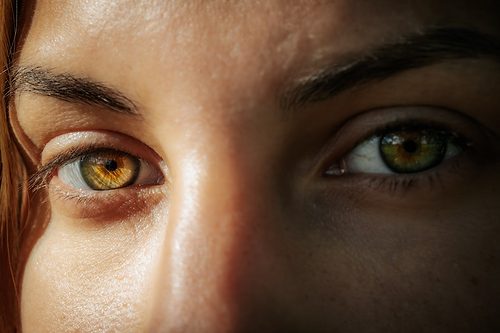Articles Tagged with ''research_updates''
Early Onset Psychosis May Lead to Better Outcomes
Editor-in-Chief, Caroline Fisher, PhD, MD
Read More
Which Treatments for Autism Spectrum Disorders Actually Work?
Editor-in-Chief, Caroline Fisher, PhD, MD
Read More
Do Placebos Work Even When Patients Know They are Placebos?
Section editor, Glen Spielmans, PhD
Read More
Antidepressant Response Not Linked to Serotonin Transporter Gene
Section editor, Glen Spielmans, PhD
Read More

_-The-Breakthrough-Antipsychotic-That-Could-Change-Everything.jpg?1729528747)



